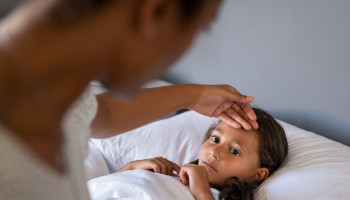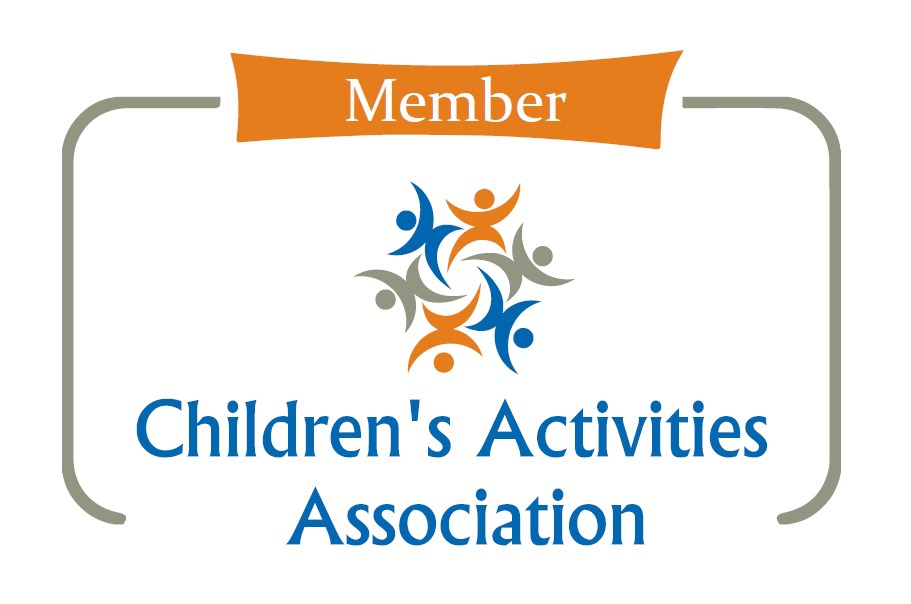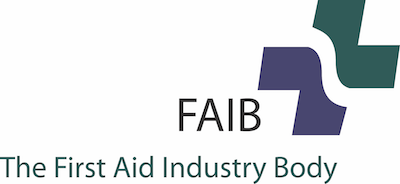Levels of flu are really high at the moment, and there’s a lot of confusion about what is a cold and what is flu. We all know flu is a lot more serious and can make us much more poorly. But how might these symptoms manifest in children? What complications are there if you’re pregnant? Read on to find out what you need to know about these common winter illnesses.
Cold? Or flu?
The symptoms of cold and flu can be quite similar, and it can be especially difficult to tell them apart in children who can’t necessarily explain to us what is happening to their bodies. As an adult we have a sense when an illness is worse than a normal cold, and we can describe accurately which parts of our body hurt, and how much.
The main things you’ll notice if your child has flu are:
· They will get ill quickly
· They are very likely to have a fever / high temperature
· If they are at an age where they can speak, they might say everything hurts – this is because flu makes our muscles ache
· They will likely be too tired and unwell to want to play
· They will feel poorly for longer
If it’s a cold:
· It will come on more gradually
· The main symptoms will be a snotty nose and a mild sore throat
· They won’t feel too poorly or tired, and should be able to continue playing and have energy for their usual activities
· They should recover fairly quickly
So what is flu?
Flu (a shortened term for influenza) is a common infectious virus which is spread by coughs and sneezes. It can be horrible and make you feel really grotty for around a week. You can catch it at any time of the year, but it’s more common in the winter months.
It can be really nasty for children, and children under the age of 5 have a higher hospital admission rate for flu compared to other age groups.
What are the symptoms of flu in children?
· A fever or high temperature of 38C or above
· A dry and chesty cough – your child might indicate it’s coming from their body by pointing at their chest
· A headache
· Earache
· Feeling tired and weak
· Aching all over
· Diarrhoea or tummy pains
· Feeling sick and being sick
· A sore throat
· A runny or stuffed up nose
· Sneezing
These last 3 symptoms are what can confuse flu with a cold, but with flu, these cold-like symptoms are usually less severe than the other symptoms (ie the fever, cough and aches).
How long might flu last?
If you’ve been spending time with someone with flu, you’re likely to start feeling ill within a few days of being infected. You’ll be infectious from the day your symptoms start and for 3 to 7 days after that, although children can remain infectious for longer than adults – one of the reasons flu spreads so easily in childcare settings and schools!
If your child does have flu they should recover within a week but they might feel more tired than usual for a while longer.
My child definitely has flu and not a cold – how do I treat it?
It’s important to know you can’t get antibiotics for flu because it’s a virus. You can usually look after your child at home and don’t need to see a doctor.
Treatment at home:
· Make sure your child gets as much rest as possible
· Keep them hydrated – water or weak squash is best, sipped frequently
· Speak to your pharmacist about suitable medication for your child, depending on their age range. The appropriate dose of ibuprofen or paracetamol will help relieve symptoms, but remember you should never give aspirin to children under 16
· Keep your child warm to help them recover more quickly
Keep your child off school until their symptoms have eased. If the symptoms last longer than a week, or are getting worse, or if you feel something just isn’t right with your child, visit your doctor or call 111.
Are there any complications that flu can cause?
Although flu is a virus, it can lead to infections that would require seeing your doctor, and often, a course of antibiotics. In some cases your child may need to be treated in hospital. These infections include:
· Ear infections
· Bronchiolitis
· Pneumonia
In children who have asthma, flu can make their symptoms much worse and you should consult your doctor if you have any concerns.
It is rare, but flu can bring on a febrile seizure, especially in babies – this is a fit brought on by fever or a high temperature. Flu can also develop into life-threatening meningitis and sepsis. You can find out all about febrile seizures, meningitis and sepsis at our award winning 2 hour baby and child class
What if I’m pregnant?
There is a risk that catching flu whilst pregnant could cause problems with your pregnancy. It can cause premature labour or result in a low birth weight for your baby. Speak to your doctor or midwife about what you can do to avoid catching flu whilst you are pregnant.
Preventing flu
Your child will be offered a nasal flu spray if they are over 2. Currently, this is available for all primary aged children, and some secondary school aged children. Children with long term health conditions will also be offered a vaccine, but this would be an injection rather than the nasal spray. The vaccine is not mandatory, and you will be asked to provide informed consent. You can find out more about this on the NHS website.
Other measures to prevent the spread of flu include – you’ve guessed it – good hygiene. Not as easy as it sounds with coughing spluttering kids touching everything in sight! Try your best to:
· Help them wash their hands regularly with soap and warm water
· Clean toys they’ve been playing with and regularly wipe down door handles, toilet flushes and sinks
· Follow them around with a massive wad of tissues!
· Put any used tissues straight into the bin as soon as you can
We hope this has given you a better insight into what to expect should your family come down with flu, but fingers crossed you make it through the winter without encountering this seasonal nasty.
All the best, Mini First Aid xx
Sources: NHS UK, NHS Inform Scotland
Be prepared with our Home and Away Bundle!
Our Home and Away Bundle is brilliant value at just £37.99! Be prepared for first aid mishaps for the year ahead - keep the small kit in your kitchen and the large kit in your car. Our award winning kits have everything you need to deal with a first aid emergency, including foil blankets in the large kit, in case you get stuck in your car in bad weather.










